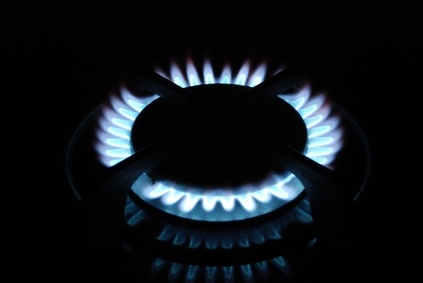
Cars that are powered alternative fuels are growing in popularity, with cars now available that run on natural gas. Natural gas vehicles, or NGVs, can run on compressed natural gas (CNG) or liquified natural gas (LNG). As with other alternative fuels, running a car on natural gas has both advantages and disadvantages.
In comparison to conventional cars running on diesel or gasoline, natural gas vehicles have lower emissions. Owners of NGVs indicate that the vehicles last longer and typically require less maintenance. The fuel economy, acceleration and cruising speed of an NGV is typically no less than that of a conventional car. If the owner refuels at home, the relative energy cost of natural gas is significantly less than that of gasoline. Another benefit is increased U.S. energy security, as the majority of natural gas for fuel is produced domestically. There can be tax benefits to purchasing a natural gas-fueled vehicle, as federal and local credits are available.
Because natural gas has a lower energy content than diesel or gasoline, the driving range of a natural gas vehicle is typically lower. Additionally, the purchase cost of an NBV is several thousand dollars higher than a comparable car running on gasoline. The availability of compressed or liquified natural gas is patchy, and refueling stations offering natural gas are relatively rare. Home refueling carries inherent dangers associated with the flammability of natural gas.
According to the U.S. Department of Energy, NGVs are as safe as gasoline or diesel-fueled vehicles, overall. The fuel tanks in natural gas vehicles are designed to withstand extremes of temperature, and heavy impact. In the event of a crash, compressed natural gas would evaporate into the air, rather than puddling beneath the vehicle like gasoline or diesel. This could be a safety feature, as the evaporated natural gas is unlikely to ignite once it has left the tank.